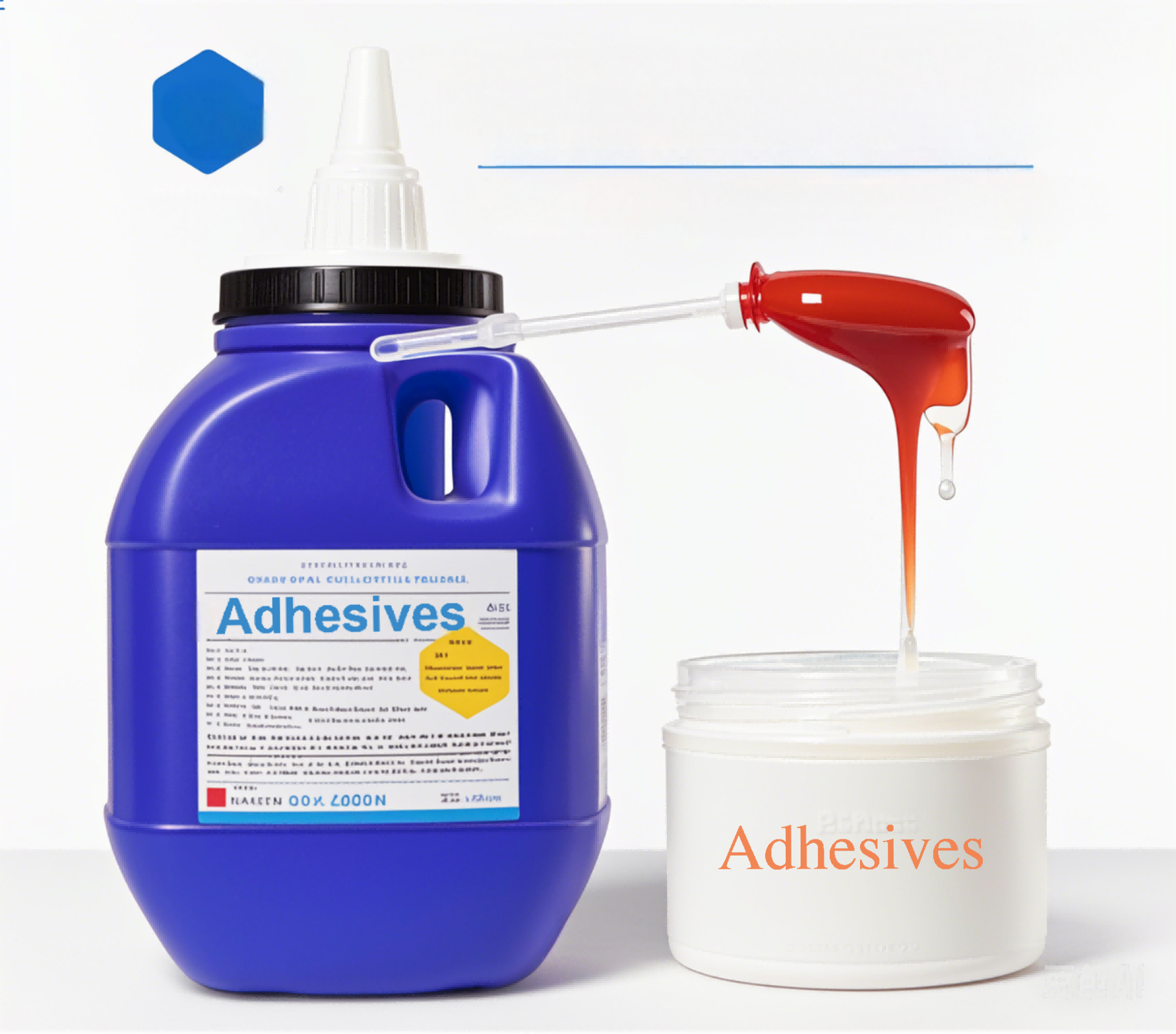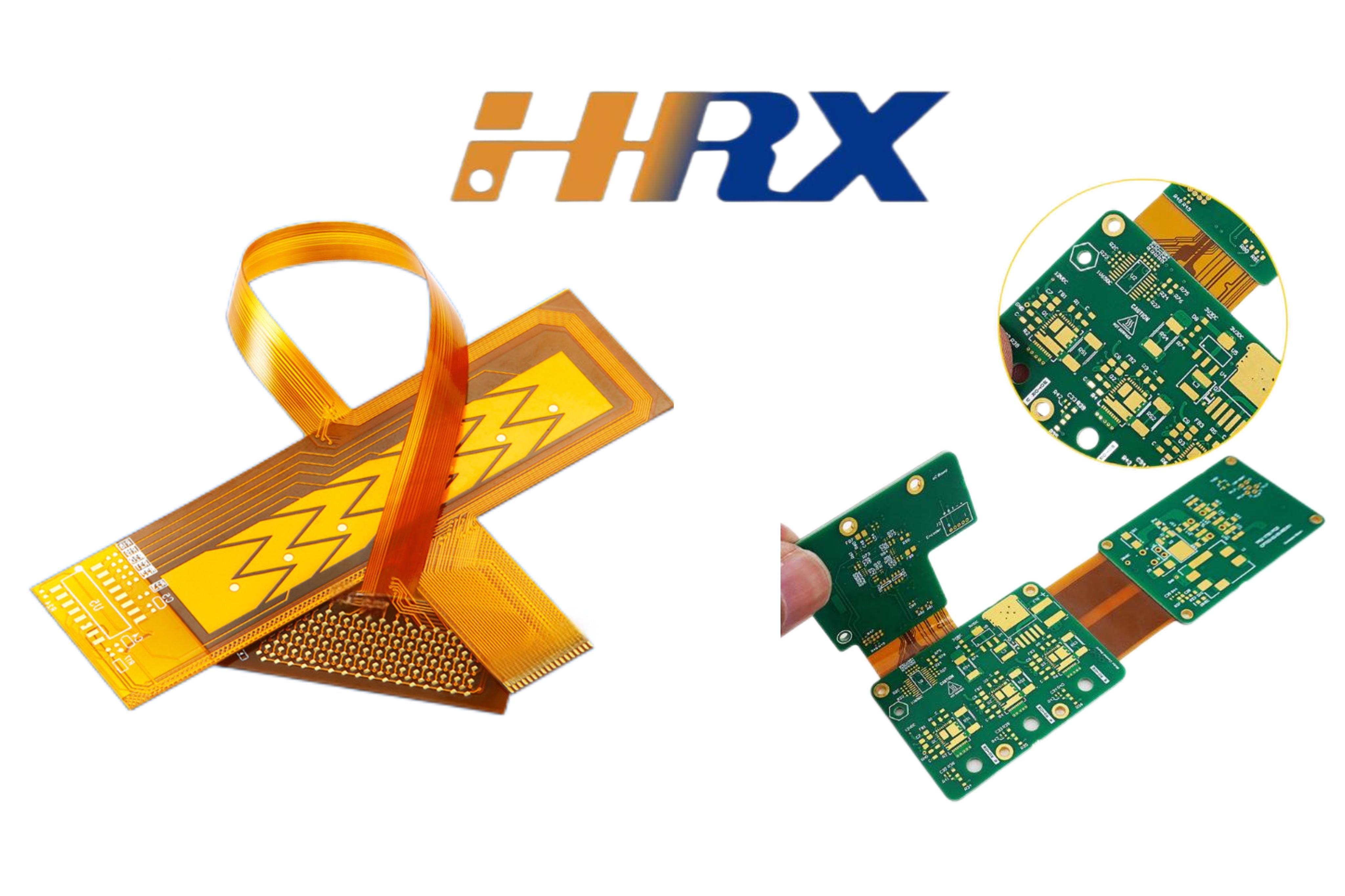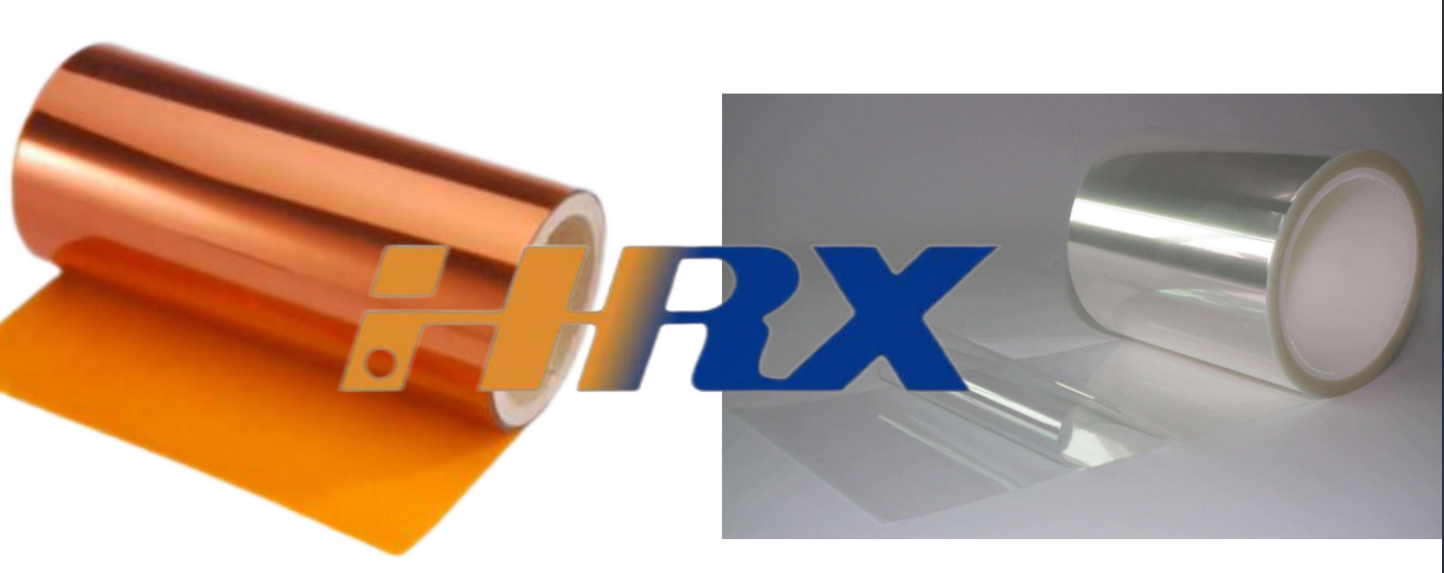Search
In - Depth Analysis of Adhesives in FPC Manufacturing: Types, Characteristics and Impacts
- Mar 05,2025
-
Share
In the intricate realm of Flexible Printed Circuit (FPC) manufacturing, adhesives play a pivotal yet often under - appreciated role. The choice of adhesive can be the linchpin between a high - performing, reliable FPC and one that falls short in functionality and durability.

Classification and Characteristics of Adhesives
Acrylic Adhesives
Exceptional Bonding Affinity: Acrylic adhesives exhibit remarkable adhesion capabilities across a wide spectrum of substrates. In FPC manufacturing, this is crucial as they can firmly adhere to polyimide films, which are commonly used in FPCs, as well as various metal conductors. Their strong bond ensures the integrity of the circuit layout, minimizing the risk of delamination during the handling and operation of FPCs.
Robust Chemical Inertness: These adhesives demonstrate excellent resistance to a plethora of chemicals. In the context of FPCs, which may be exposed to cleaning agents during the manufacturing process or in their end - use environments, the chemical resistance of acrylic adhesives safeguards the FPC's performance. They can withstand contact with solvents, acids, and alkalis without significant degradation, thus maintaining the electrical and mechanical properties of the FPC.
Weather Resilience: Acrylic adhesives are well - equipped to endure environmental factors such as ultraviolet (UV) radiation, humidity, and temperature fluctuations. This characteristic makes them suitable for FPC applications in outdoor devices or those operating in variable climate conditions. For example, in automotive applications where FPCs are used in dashboard displays or sensor connections, the weather resistance of acrylic adhesives helps to ensure long - term reliability.
Epoxy Adhesives
High - Tensile Bond Strength: Epoxy adhesives are renowned for their ability to form extremely strong bonds. In FPCs, this high strength is essential for securing components such as integrated circuits (ICs) and connectors. The robust bond can withstand substantial mechanical stress, including vibrations and shocks, which are common in many electronic devices. This ensures that the FPC remains intact and functional even under harsh operating conditions.
Superior Electrical Insulation: One of the key attributes of epoxy adhesives is their outstanding electrical insulation properties. In FPCs, where multiple conductive traces are in close proximity, electrical insulation is critical to prevent short - circuits and electrical interference. Epoxy adhesives create a reliable insulating barrier between different circuit elements, enabling the FPC to operate with high precision and efficiency.
Minimal Dimensional Change During Curing: During the curing process, epoxy adhesives exhibit low shrinkage. This is of great significance in FPC manufacturing as dimensional stability is crucial for maintaining the accuracy of the circuit layout. Low shrinkage ensures that the FPC retains its original shape and dimensions, reducing the risk of misalignment of components and ensuring proper electrical connections.
Silicone Adhesives
Exceptional Thermal Stability: Silicone adhesives are highly resistant to high temperatures, making them ideal for FPC applications in environments with elevated heat levels. For instance, in power - intensive electronic devices such as high - performance computing units or LED lighting modules, FPCs with silicone - based adhesives can withstand the heat generated during operation without losing their adhesive properties or compromising the integrity of the circuit.
Superb Flexibility and Elasticity: These adhesives possess excellent flexibility, allowing them to accommodate the repeated bending and flexing that FPCs are subjected to in many applications. The ability to stretch and deform without cracking or losing adhesion is a key advantage of silicone adhesives in FPCs used in wearable devices, foldable electronics, and other applications where flexibility is a primary requirement.
Excellent Sealing and Moisture Barrier Properties: Silicone adhesives provide a reliable seal against moisture, dust, and other contaminants. In FPCs, this is important for protecting the delicate electrical components from environmental factors that could cause corrosion or electrical malfunctions. The sealing properties of silicone adhesives help to extend the lifespan of the FPC and ensure its reliable operation in various environmental conditions.
Impact of Different Adhesives on FPC Products
Acrylic Adhesives
Performance Impact: In normal operating conditions, the good adhesion and chemical resistance of acrylic adhesives contribute to the stable performance of FPCs. However, when exposed to extreme high - temperature (above 100°C for an extended period) or high - humidity (relative humidity > 80%) environments, their adhesion strength may gradually decline, potentially leading to delamination. This can affect the electrical connectivity and mechanical integrity of the FPC, reducing its overall performance.
Processability Impact: Acrylic adhesives offer good processability in FPC manufacturing. They can be easily applied using techniques such as screen printing, dispensing, or roll - coating. Moreover, they can cure at room temperature or relatively low temperatures (usually below 80°C), which simplifies the manufacturing process and reduces energy consumption. This makes them suitable for high - volume production of FPCs.
Epoxy Adhesives
Performance Impact: The high strength and excellent electrical insulation of epoxy adhesives significantly enhance the reliability and electrical performance of FPCs. They can withstand high - voltage applications and provide a stable connection for high - speed signal transmission. However, the relatively high brittleness of epoxy adhesives makes them more susceptible to cracking when the FPC is subjected to repeated bending. This can limit their use in applications where extreme flexibility is required.
Processability Impact: The curing process of epoxy adhesives typically requires higher temperatures (ranging from 120°C to 180°C) and longer curing times compared to some other adhesives. This increases the energy consumption and production cycle time. However, the high - quality bond formed by epoxy adhesives justifies this additional processing cost and time in applications where high - performance and long - term reliability are essential.
Silicone Adhesives
Performance Impact: The high - temperature resistance and flexibility of silicone adhesives enable FPCs to perform well in complex environments. However, their adhesion strength is generally lower compared to epoxy adhesives. In applications where a high - strength bond is required, additional surface treatment or the use of primer may be necessary to improve the adhesion. Despite this, their unique properties make them indispensable for certain FPC applications.
Processability Impact: Silicone adhesives are relatively easy to process. They can be cured at room temperature or with moderate heating (usually around 100°C). They also have good compatibility with a wide range of materials used in FPC manufacturing, which simplifies the production process. Their ability to be applied in thin layers and their quick - curing characteristics make them suitable for high - volume production of flexible FPCs.
Insights on the Treatment of Shenzhen Huaruixin Electronics Co., Ltd.
Material Selection
Shenzhen Huaruixin Electronics Co., Ltd., a leading manufacturer in FPC, PCB, and Rigid - Flex Printed Board, likely adopts a meticulous approach to adhesive selection. For FPC products designed for applications where flexibility is a primary requirement, such as in wearable electronics or mobile device hinges, acrylic adhesives may be the top choice due to their good flexibility and ease of processing. For products with high - end electrical performance requirements, like high - speed data transmission FPCs for server applications, epoxy adhesives are likely favored for their superior electrical insulation and high - strength bonding. In cases where the FPC will be exposed to high - temperature environments, such as in automotive engine - related sensors, silicone adhesives will be considered for their excellent thermal stability.
Process Control
The company is expected to implement strict process control measures for adhesive application. This includes the use of advanced dispensing equipment to precisely control the amount of adhesive applied, ensuring a uniform adhesive layer thickness. The application method, whether it is screen printing, spraying, or dispensing, is carefully selected based on the complexity of the FPC design and the type of adhesive used. Additionally, the curing conditions, such as temperature, time, and pressure, are closely monitored and controlled. For example, for epoxy adhesives, a programmable oven may be used to accurately maintain the required curing temperature and time profile to achieve optimal bond strength.
Quality Testing
Quality testing is an integral part of Huaruixin's manufacturing process. After the adhesive bonding process, FPC samples are subjected to a series of rigorous tests. These may include peel strength tests to measure the adhesion strength between the adhesive and the substrate, insulation resistance tests to ensure the electrical insulation performance of the adhesive, and flexure tests to evaluate the ability of the FPC to withstand bending without adhesive failure. By conducting these comprehensive tests, Huaruixin can ensure that the FPC products meet the highest quality standards and are reliable for their intended applications.
In conclusion, the proper selection and utilization of adhesives are of utmost importance in FPC manufacturing. Shenzhen Huaruixin Electronics Co., Ltd. must continuously optimize its adhesive - related processes, taking into account the diverse requirements of different FPC products, to maintain its competitiveness in the global electronics market.

Let’s talk! We’ll provide the perfect solution for you!
-
 Huaruixin Electronics mainly produces printed circuit boards as the core business, to provide customers with one-stop solutions for FPC/PCB production, components sourcing and Assembly.
Huaruixin Electronics mainly produces printed circuit boards as the core business, to provide customers with one-stop solutions for FPC/PCB production, components sourcing and Assembly. - WHAT WE DO — PCB Design Solutions — Flex PCB Production — Components Sourcing — FPC&PCB Assembly
- PRODUCTS — Single Sided Flexible Circuits — Double Sided Flexible Circuits — Multilayer Flexible Cirucits — Rigid-Flex Circuits — FPC Assembly — PCB Assembly
- CAPABILITY — FPC Capability — Rigid-Flex Capability — PCB Capability — Assembly Capability
- Copyright © 2024 Shenzhen Huaruixin Electronics Co., Ltd. All Rights Reserved.
- Design By BONTOP


